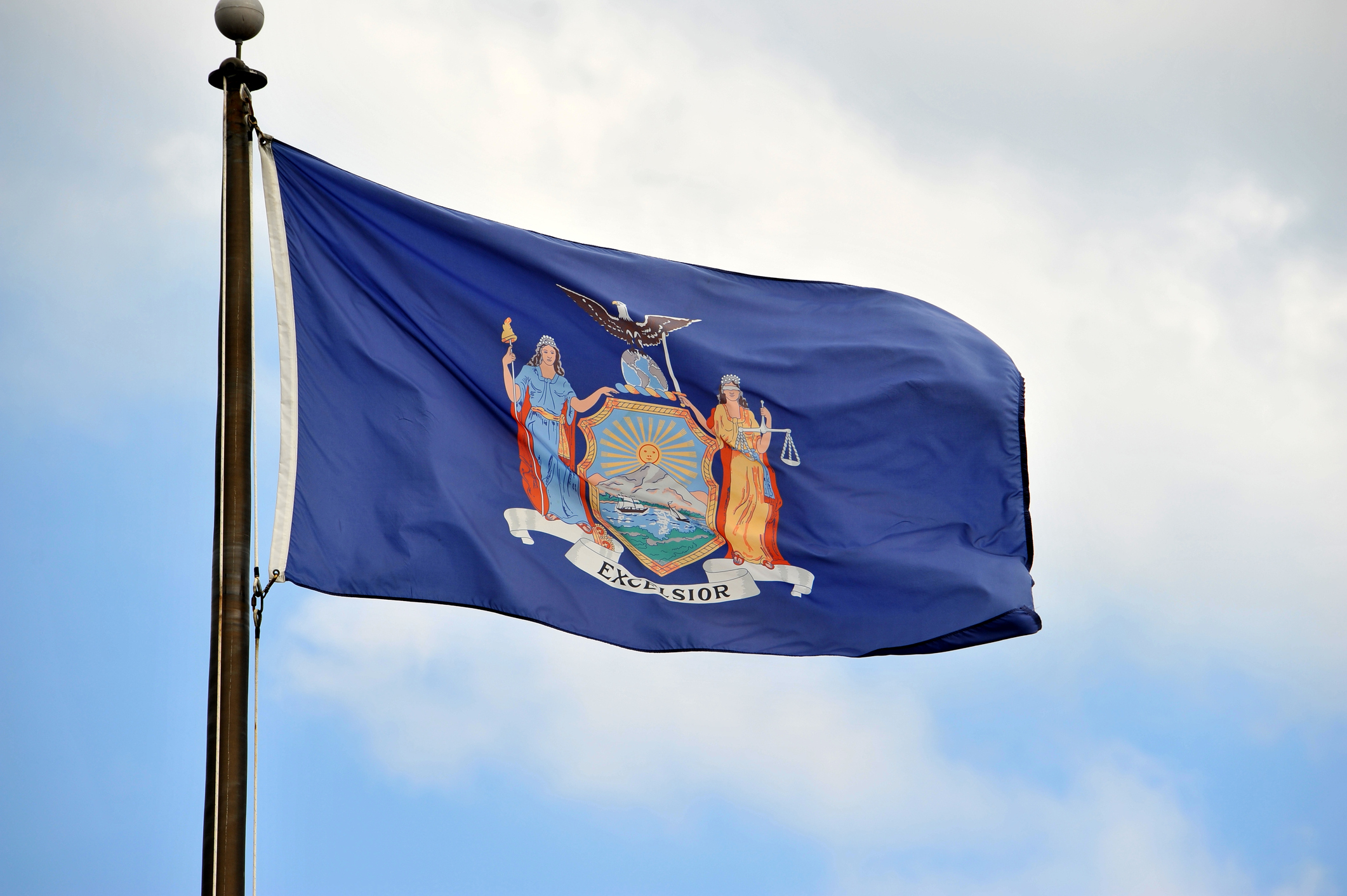A noncompetition agreement, or noncompete agreement, is nothing new in the world of business. These agreements prohibit an employee from working for competitors or opening competing businesses, typically for a certain period of time after an employee leaves a job.
In New York state, there is no law that requires an employee to sign a noncompete, but employers are entitled to require an employee to sign one as a condition of employment both before and after they start working for them. While people most often associate these types of agreements with top executives, according to the Federal Trade Commission, around one in five Americans—or roughly 30 million workers—are currently bound by them.
Recently, noncompete agreements made headlines in New York state, with a piece of legislation intent on banning them making its way to Gov. Kathy Hochul’s desk. However, just before Christmas, on Dec. 22, Gov. Hochul vetoed the bill. In “Veto Message–No. 133,” she stated that the legislation presented to her was a “one-size-fits-all approach” whereas she had tried to work with the state Legislature to come to a more reasonable compromise on restrictions for these types of agreements.
The vetoed bill had passed both houses of the New York Legislature earlier in the year, and the intent of the bill was to ban future noncompete agreements for all employees in the state, regardless of how much an employee earned. Those who opposed the legislation include Wall Street and top business groups in the state.
They believe that noncompete agreements are a necessary tool to protect investment strategies, while also acting as a deterrent for highly paid workers to leave companies for rivals with crucial inside information. Gov. Hochul had previously proposed signing the bill subject to “chapter amendments” that would exempt employees earning $250,000 or more in total annual compensation.
The groups opposing the legislation publicly urged Gov. Hochul to either require substantial chapter amendments or veto the bill in its entirety as a condition of signing.
The language of the bill, A.1278B/S.3100A, in its current form, also would have addressed the ability of employers to require employees to enter into nondisclosure, confidentiality, and nonsolicitation agreements, stating that nothing in the legislation “shall be construed or interpreted as affecting any other provision of federal, state, or local law, rule, or regulation relating to the ability of an employer to enter into an agreement with a prospective or current covered individual that establishes a fixed term of service or prohibits disclosure of trade secrets, disclosure of confidential and proprietary client information, or solicitation of clients of the employer that the covered individual learned about during employment,” provided that any of these other types of agreements do not restrict competition in violation of the bill.
The legislation would have eliminate the ability of any “employer or its agent, or the officer or agent of any corporation, partnership, limited liability company, or other entity” to “seek, require, demand or accept a noncompete agreement” from any individual who performs work or services on such terms and conditions that places them in a position of economic dependence and under an obligation to perform duties. Every contract under which an individual would be restrained from engaging in a lawful profession, trade, or business of any kind to such extent would be deemed void. Therefore, noncompetes in buy-sell agreements are not necessarily impacted.
Next steps
The status of a noncompete ban in New York state is not dead—the bill’s sponsors plan to reintroduce the legislation in 2024, especially with the current New York state Legislature being strongly controlled by Democrats. The governor also could introduce a proposal of her own—which would fit better with her ideas—as an attachment to the upcoming state budget.
In her veto letter, Gov. Hochul stated that she continues “to recognize the urgent need to restrict noncompete agreements for middle-class and low-wage workers” and that she is “open to future legislation that achieves the right balance.”
On the national level, the FTC, which supported the vetoed New York bill, could possibly implement a nationwide ban on noncompete agreements, which would take away the necessity for the New York state-specific legislation. The FTC has estimated that workers’ earnings could increase by approximately $250 billion to $296 billion per year should noncompete agreements be banned.
PIA will be watching this issue closely in 2024 to ensure the rights of insurance producers are protected.

Danielle Caswell, Esq.
Danielle Caswell joined PIA Northeast as associate counsel in the Government & Industry Affairs Department in 2023. She earned her bachelor’s degree from New York University and her law degree from Brooklyn Law School with a particular focus on intellectual property, information, and media law. Prior to joining PIA, Danielle was an associate at a law firm in New York City where she focused primarily on intellectual property and entertainment-related transactional and litigation matters.






